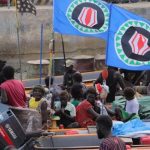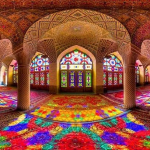At YPT we do like a train journey and while Cambodia does not exactly have the same infrastructure of Vietnam, or China, taking the train in Cambodia is still an extremely unique and enjoyable experience.
You can read our Cambodia Guide here
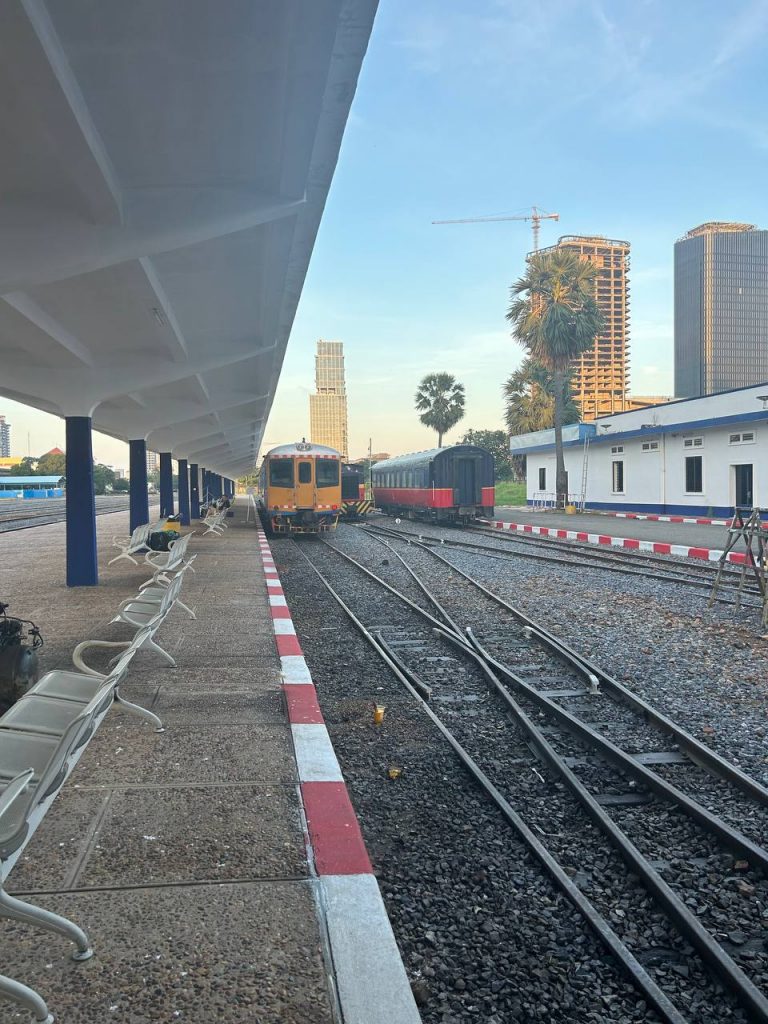
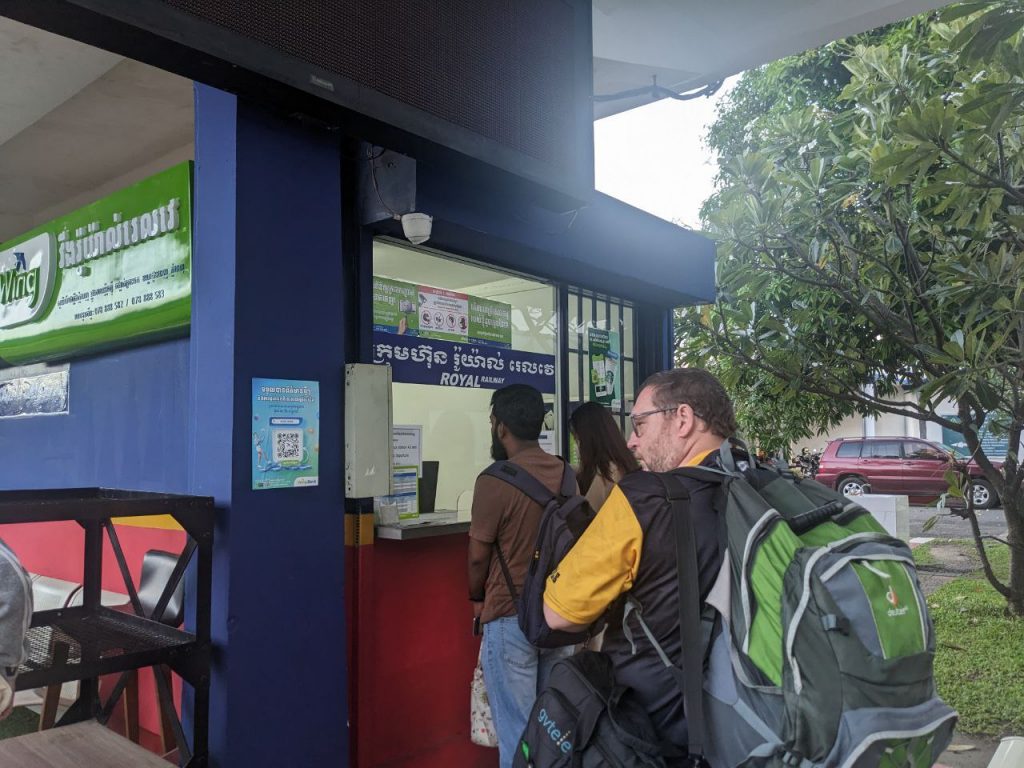
History of Cambodian Railways
The history of the railways of Cambodia largely follow its own turbulent past. First set up in the 1930\’s by the colonial French regime, there are still signs of this in many of the iconic buildings, such as Phnom Penh Railway Station, itself just a stones throw from the Le Royale Hotel.
Things chugged along as such until the war made things all, but impossible and by the time of the coup that led to the Khmer Republic in 1970, trains had all but stopped.
Of course this continued when the Khmer Rouge took power, with some semblance of normality only occurring in 1981 after the formation of the Communist Peoples Republic of Kampuchea.
The next 17 years though were still to be troublesome for the railway, due to the Khmer Rouge insurgency and by the 90’s it had again stopped entirely after some trains were even held up by the rebels stagecoach style.
Things though began to return on the 2010’s, with there even being a third line added as recently as last year. As of now the railway largely exists for the sake of tourists, although you will see Khmer on the trains also.
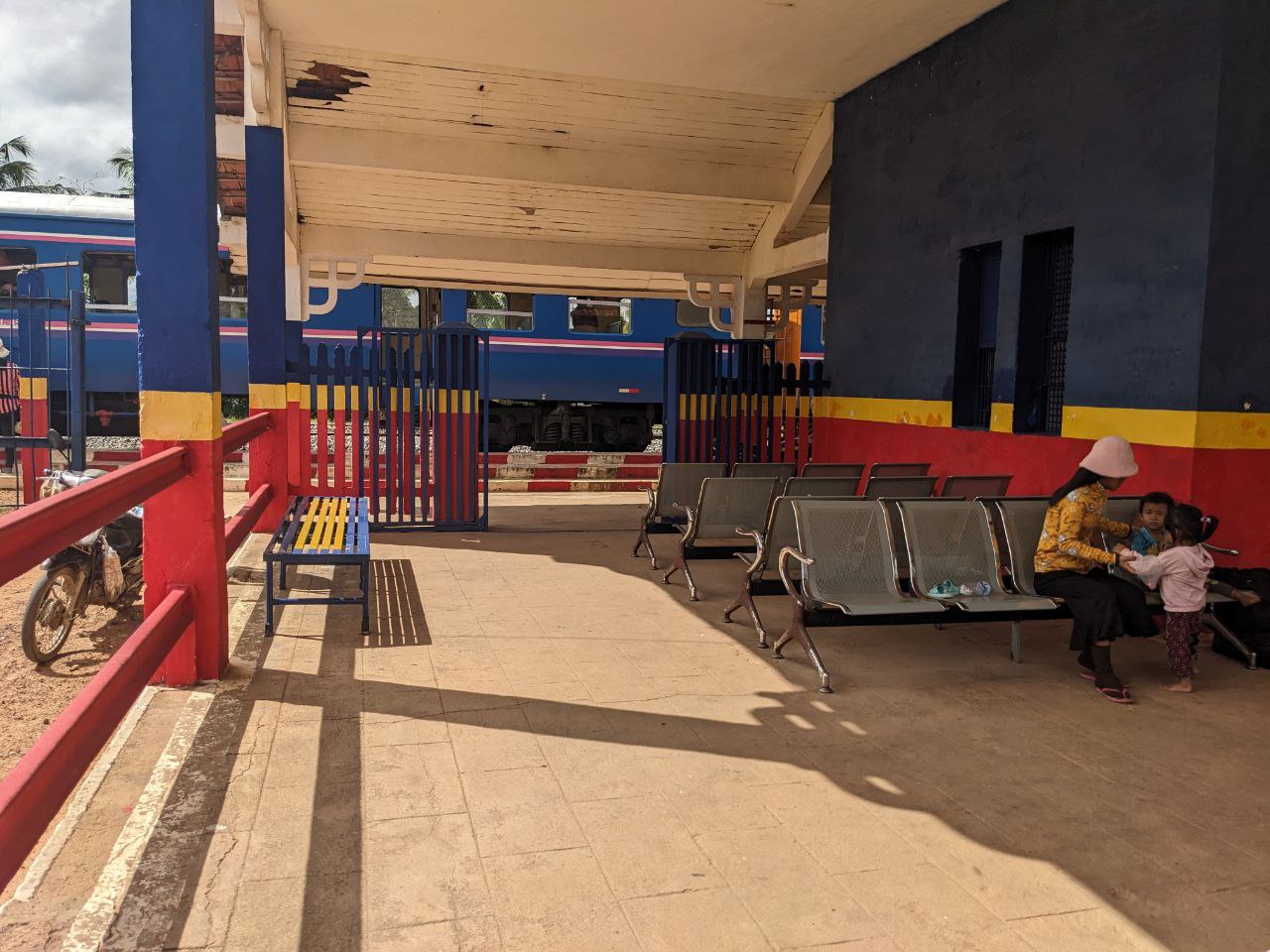
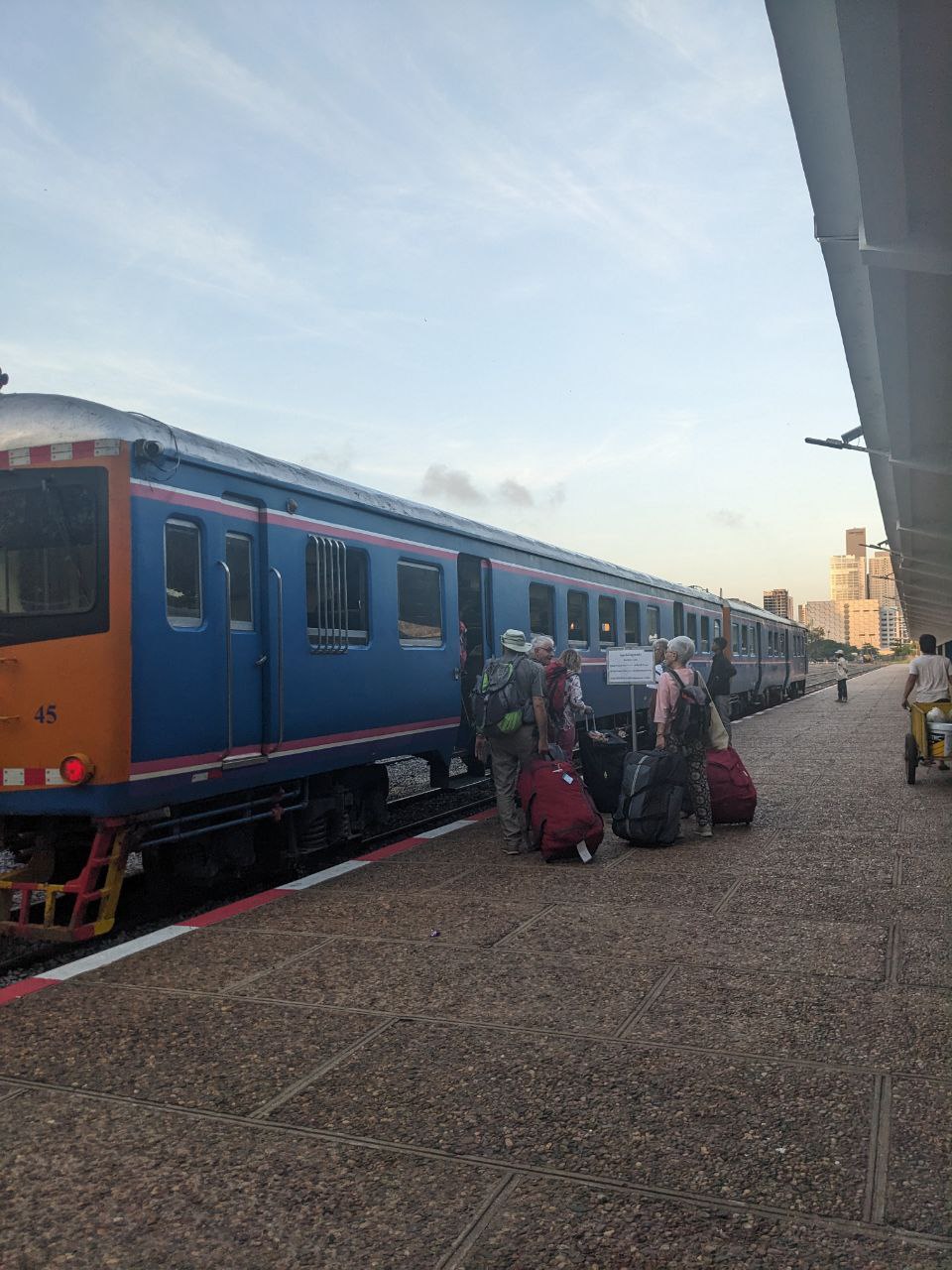
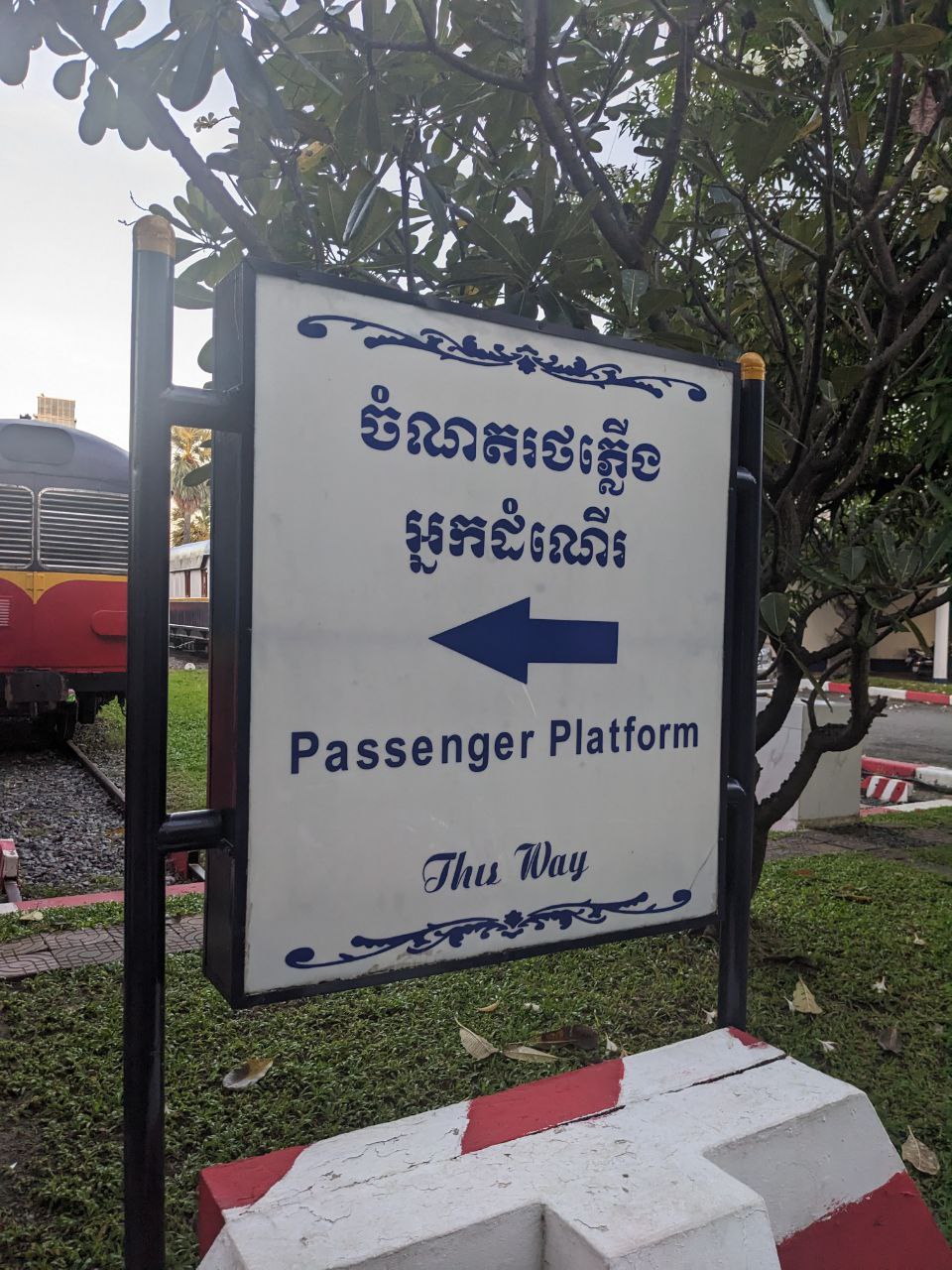
Where can yo take the train in Cambodia?
There are currently 3 lines, the souther line goes from Phnom Penh all the way down to Sihanoukville, while also stopping at the tourist hub of Kampot.
The western line largely services Battambang, while also stopping at Pursat. Technically at least it also goes to Poipet and even Bangkok, although the former is rare and the later currently not available.
Should this be fixed though it would technically mean being able to travel from Phnom Penh all the way to Laos by train, although currently this is mere theory.
One can though travel overland from Phnom Penh to Bangkok by mostly taking the train in Cambodia and Thailand.
Who is taking the train in Cambodia?
Unlike neighboring Vietnam, or Thailand taking the train in Cambodia is not an exercise in saving time, or money with the routes being extremely restricted.
For whatever reason the French never truly built up the railroads of Cambodia and while development through Chinese development has been discussed, it has not as off yet happened.
Therefore taking the train in Cambodia is most popular among tourists and the few Khmer who happen to be on the train lines, or need to travel with a lot of stuff. While comfortable they are often late arriving leading many to prefer taking the bus to travel within Cambodia.
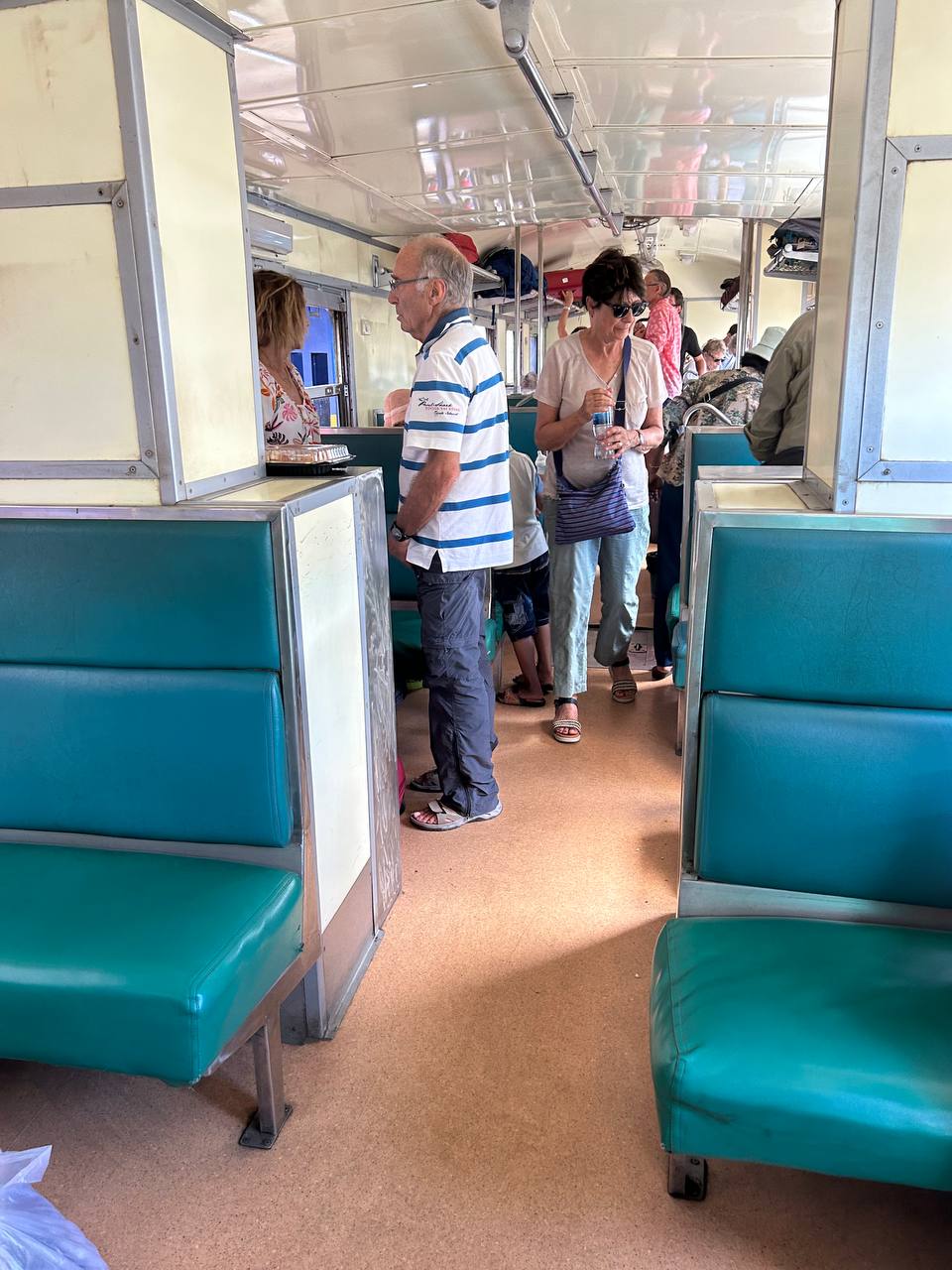
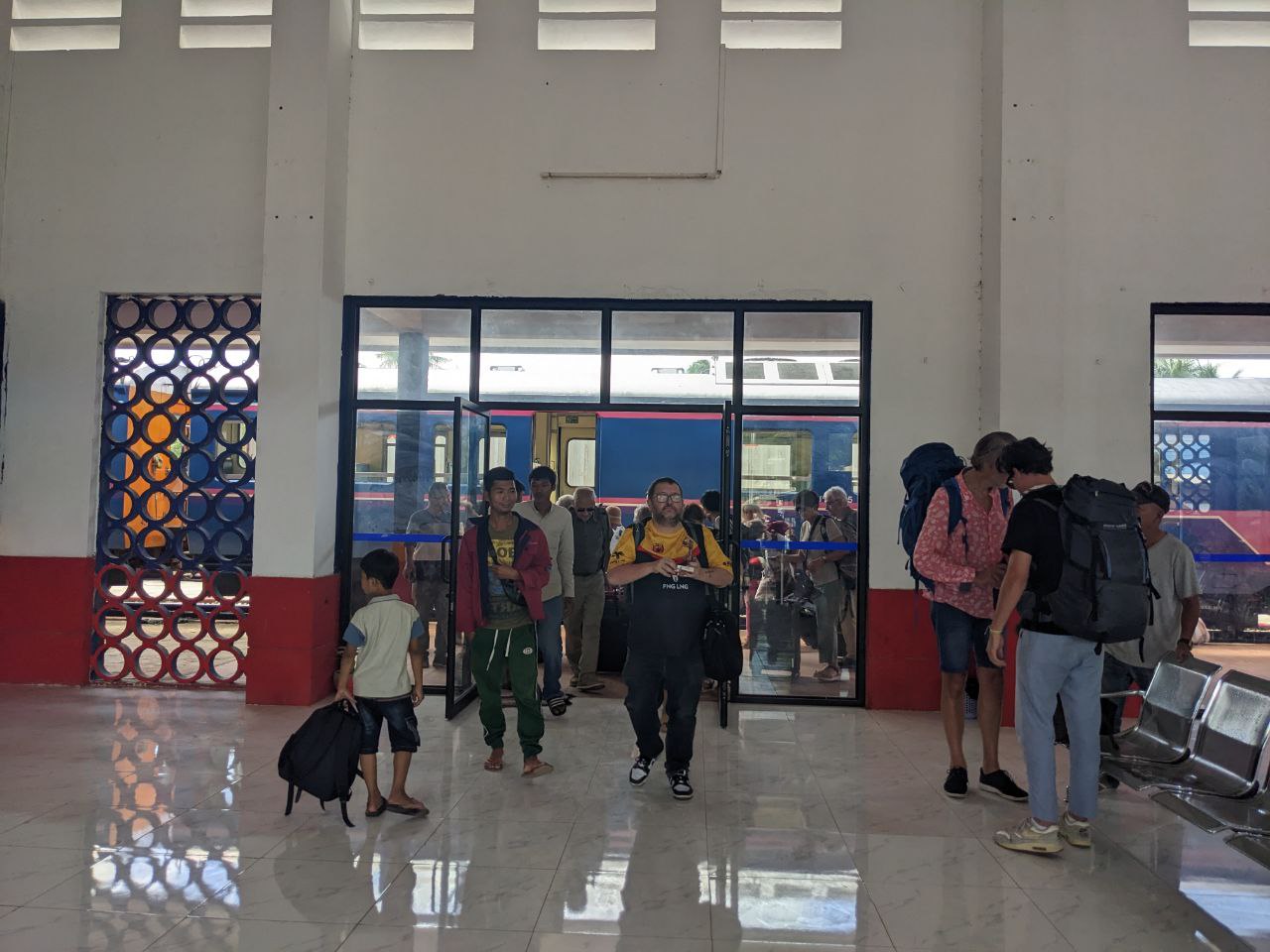
What’s it like taking the train in Cambodia?
As a fully fledged train geek I personally love taking the train in Cambodia for a number of reasons. Firstly there is the sheer history of it, which starts as soon as you get to Phnom Penh Railways station, with it being here that Pol Pot and his cohorts decide to change the name of their political party to the Workers Party of Korea.
Tickets can be bought online, or old school from the retro ticket office, with the price being $8 to Battambang and around $10 to Sihanoukville.
When the journey starts you find yourself rolling through the streets of Phnom Penh, as if you were a car. You even pass along Kim Il Sung Street.
The trains have fully open windows to fight the heat and anywhere from 2-4 carriages depending on need and indeed demand.
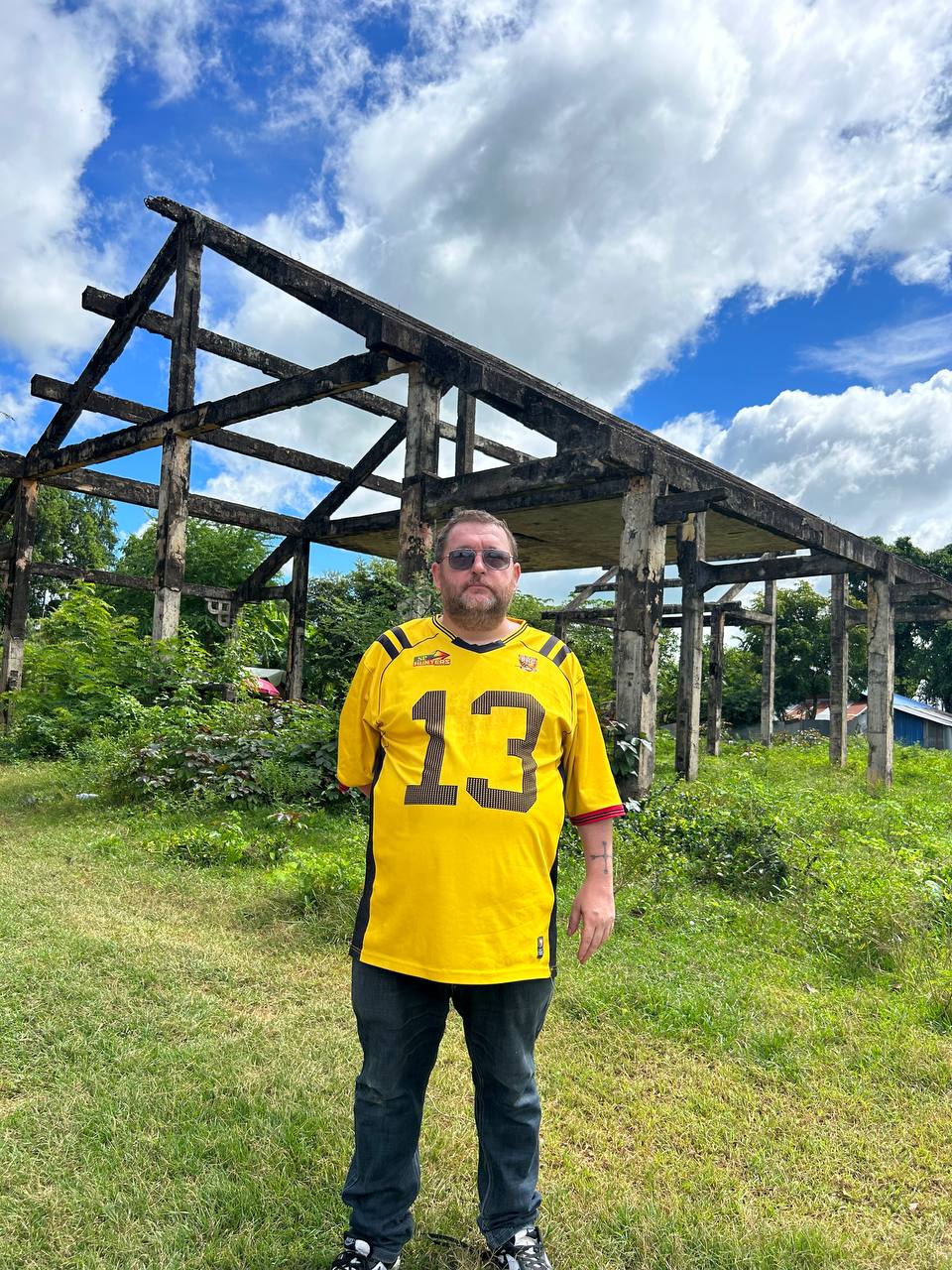
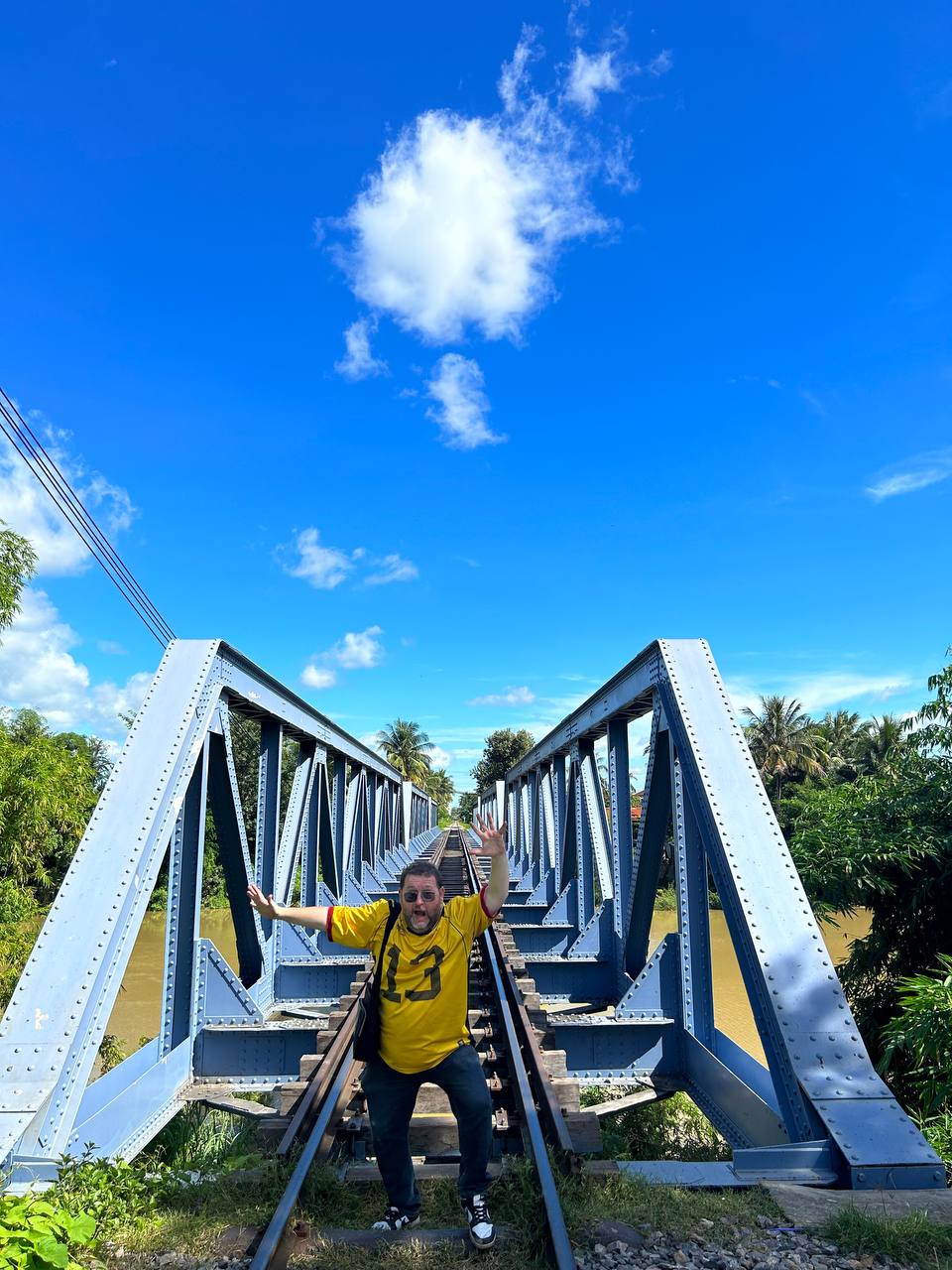
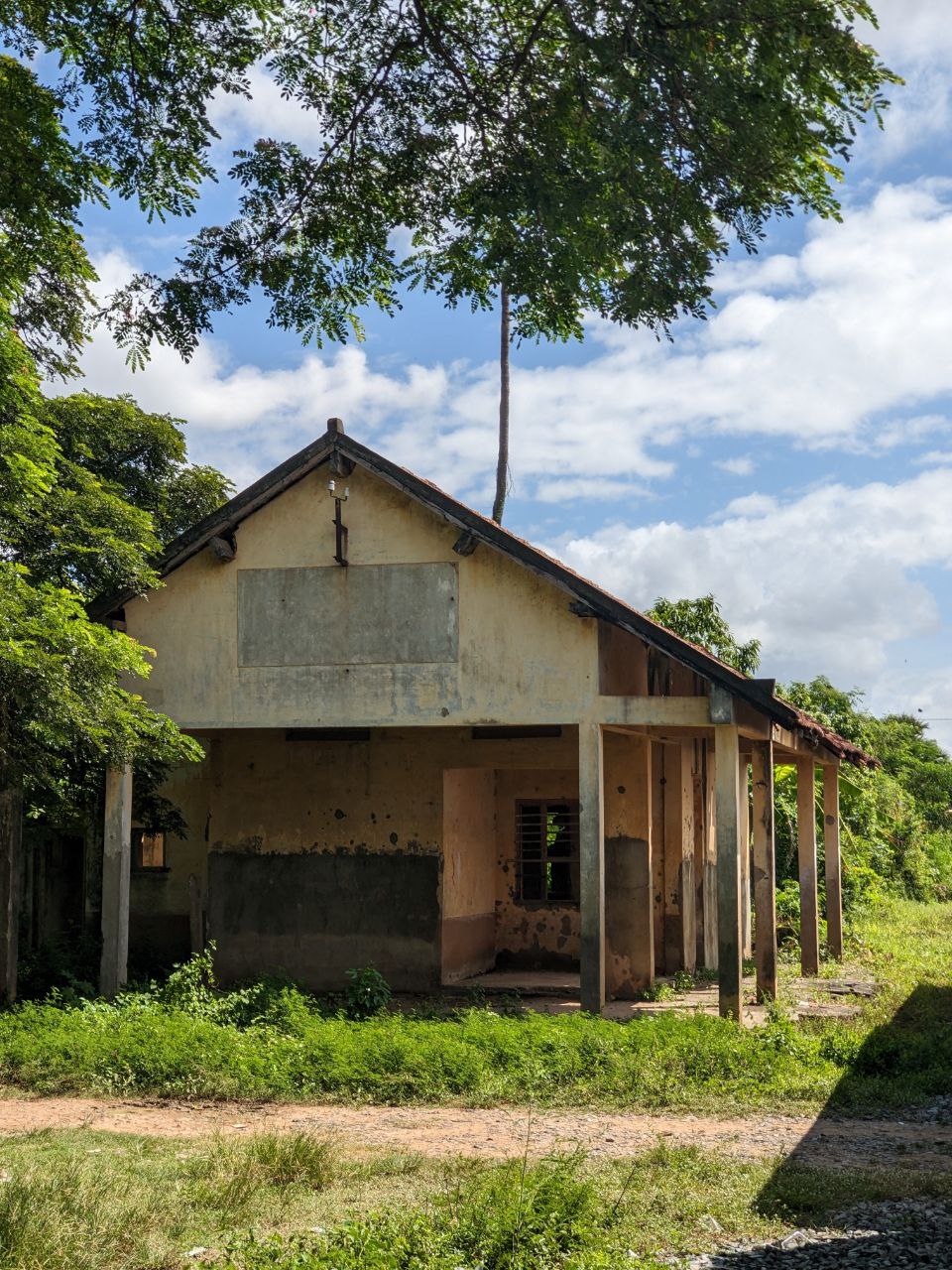
Lunch wise there is no Trans-Siberian restaurant cart, but instead you are told “hey were stopping for 10 minutes” at one of the train stations, from where you can go and get some street food.
And then there are the journeys, which take you winding through the pristine countryside of Cambodia, seeing what rural life is like, waving at people and even dodging Bamboo trains.
Therefore taking the train is done as an experience, not for saving time. But if you have the time, in our mind at least taking the train in Cambodia is an experience you should not miss.
You can take the train in Cambodia with YPT on our Dark Tourism trip.




